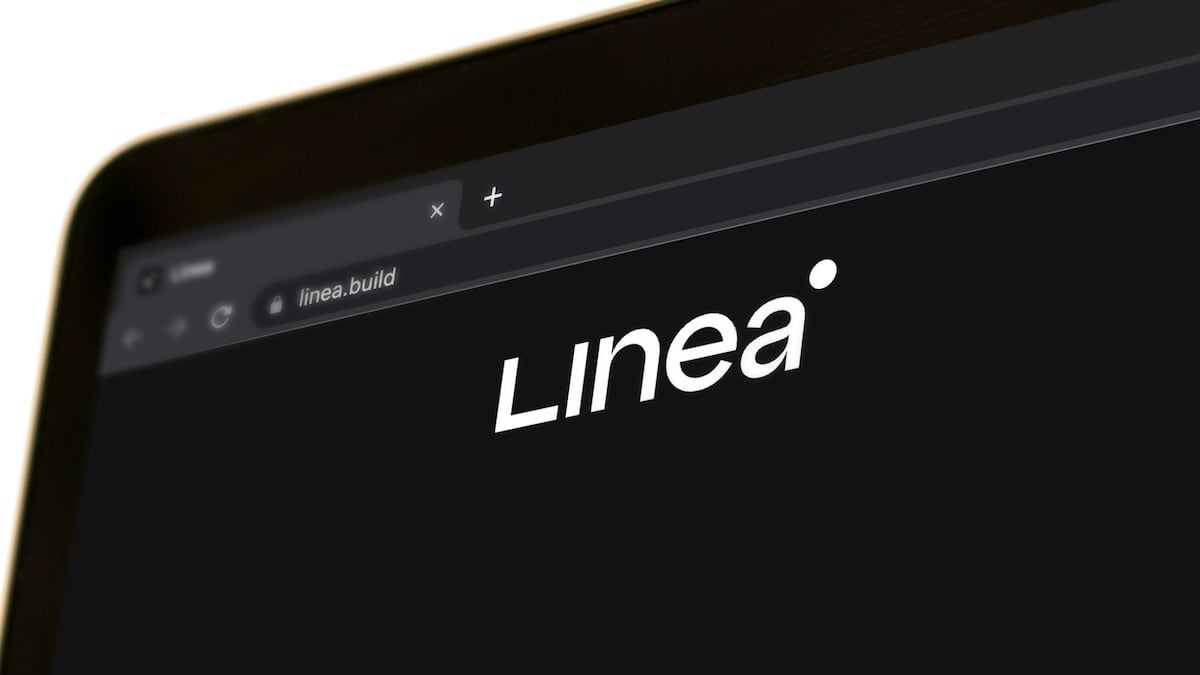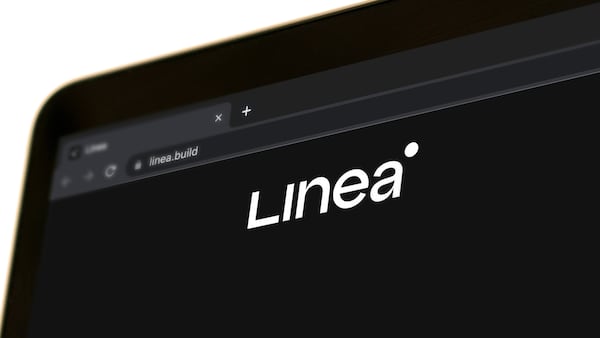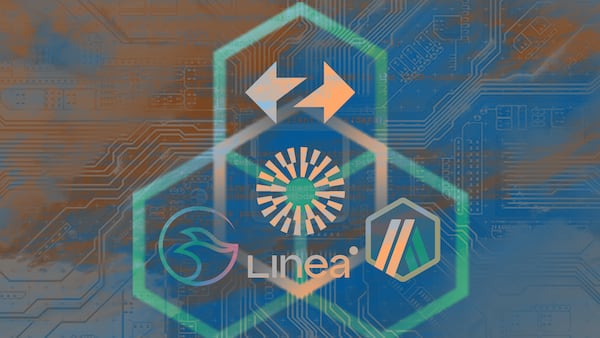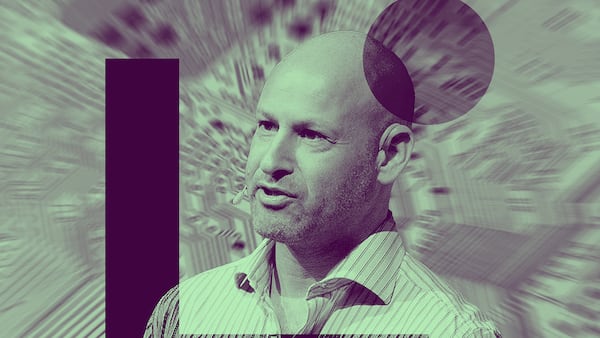- Crypto deposited in Consensys’ Linea blockchain grew 50% over the past month.
- That growth has been fueled by a points programme designed to attract DeFi users.
A campaign to boost DeFi activity on Consensys’ Linea blockchain has notched early success, luring more than $430 million in crypto since the network’s launch almost one month ago.
More than $1.2 billion in crypto has been bridged to Linea, according to Ethereum research site L2BEAT. That’s up from $792 million on May 14.
The campaign has quickly made Linea one of the largest layer 2 blockchains on Ethereum. These blockchains are critical to the future of Ethereum, giving people a faster and cheaper way to use the original smart contract platform.
It’s also the latest campaign to demonstrate the power of “points,” crypto’s take on airline mile-style rewards programmes, despite user fatigue. By awarding points to certain users, Linea has been able to break through an increasingly competitive market in which dozens of competitors have come online during the past year.
Linea is developed and managed by Consensys, the developer of the popular Ethereum wallet MetaMask. Consensys founder Joseph Lubin is one of Ethereum’s co-founders.
The surge
Layer 2 blockchains have long used grants programmes to attract users and application developers.
More recently, some have taken a page out of the applications’ playbook by awarding “points” to users who complete certain tasks, such as depositing crypto. Most users assume the points will be used to allocate tokens in a future airdrop.
Layer 2 blockchains Blast, Manta, and Scroll have all launched their own points programmes, sometimes attracting significant outcry from users in the process.
There is a growing feeling that points programmes are exploitative, stringing users along with an implicit promise of a big payday at some undetermined future date. Additionally, crypto attorneys have begun to push back against their proliferation, arguing points are not a risk-free play or a means of dodging regulators’ scrutiny of airdrops.
Layer 2 Manta Pacific launched a points campaign in February, rewarding users who transferred assets to the blockchain. But the rewards were underwhelming and caused many to withdraw their deposits at the first opportunity.
Scroll quickly scrapped the points campaign amid user criticism. But it returned in April with “Scroll Sessions,” rewarding users with “Scroll Marks” for bringing their crypto over from Ethereum.
Some users also complained when Linea announced its second points programme, the “surge,” in March. In that announcement, Linea said it wanted to use the new programme to lure liquidity to its DeFi ecosystem.
“The overall user experience is strictly dictated by this factor,” the company said.
Its points, dubbed LXP-L, would be awarded to liquidity providers on a diminishing basis, with the first to deposit crypto on Linea-based applications earning more LXP-L than depositors who come in subsequent months.
The surge would run for six month-long “volts,” or until $3 billion in crypto had been transferred to Linea.
Despite a handful of complaints, the surge appears to have worked.
Since May 16, the first day of the surge, Linea’s DeFi ecosystem has grown 138% to more than $665 million, according to DefiLlama data.
As of June 1, Linea accounted for more than 9% of all transactions on Ethereum and its largest layer 2 blockchains, according to data compiled by pseudonymous, Netherland-based analyst Marcov. On May 1, it accounted for only 3.5% of those transactions.
Linea will now have to try to hold onto these users. Incentive-based schemes to lure users have a spotty record in crypto.
Additionally, Linea drew criticism for briefly pausing transactions last week in order to protect users of Velocore, a decentralised exchange that suffered a $7 million hack. The decision was the latest reminder that many crypto-based projects are still centrally controlled, despite pledges to cede control to their users.
Linea says it is on phase 1 of a four-phase “decentralisation road map.”
Aleks Gilbert is a DeFi Correspondent at DL News. Got a tip? Email him at aleks@dlnews.com.





